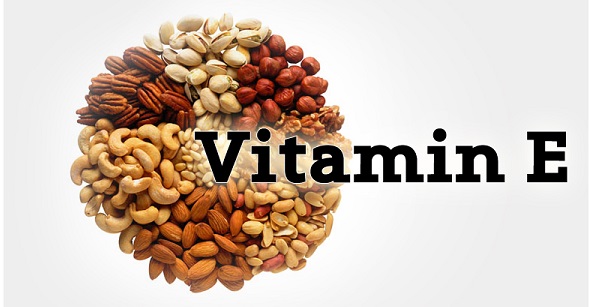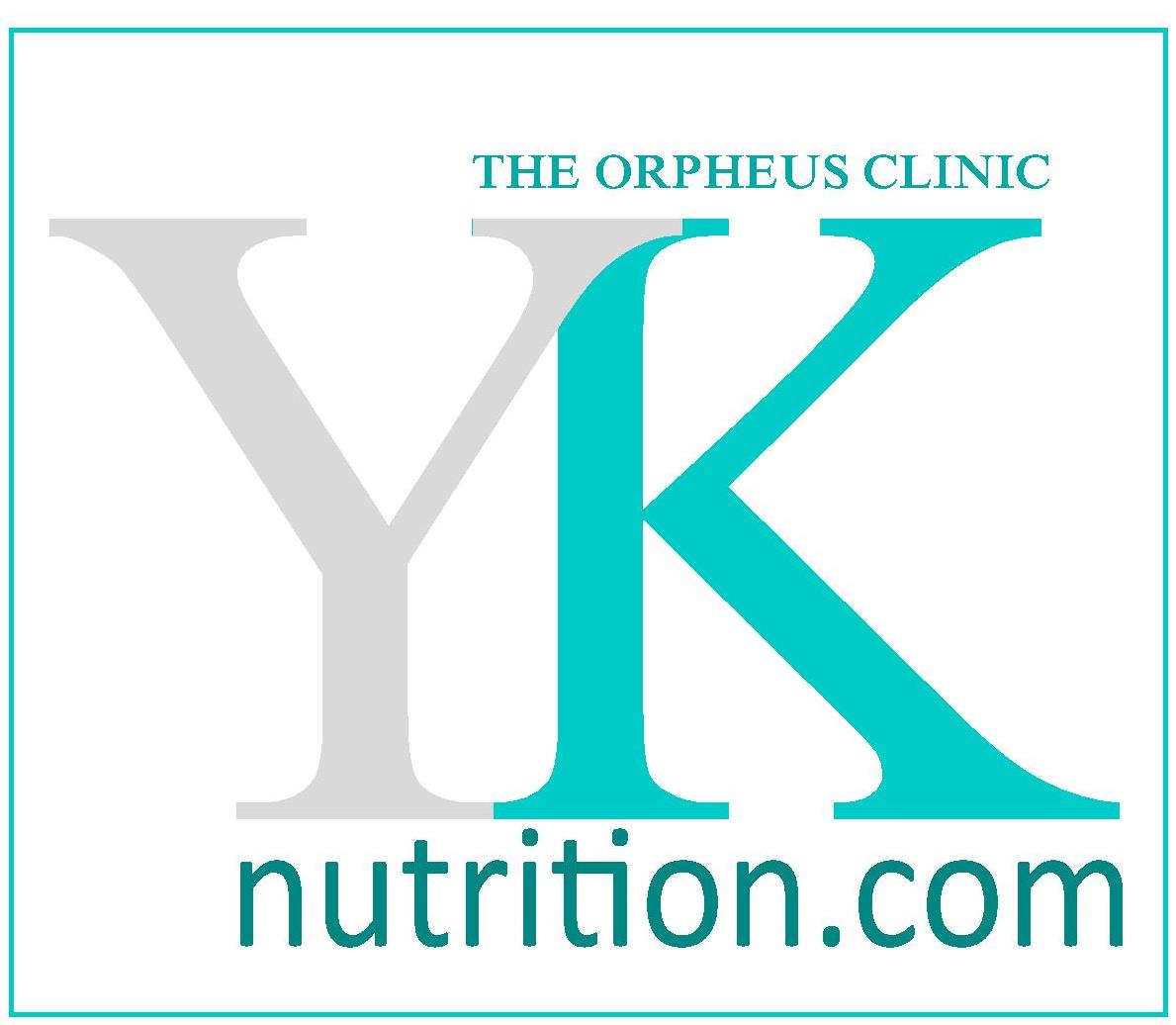Vitamin E and prostate cancer: does the type of vitamin E matter?

In one study, 35,533 men were randomly assigned to receive 400 IU per day of vitamin E (in the form of alpha-tocopherol) or placebo for an average of 5.5 years, and the men were then followed for a total of approximately 7 years. During that time, the incidence of prostate cancer was significantly higher by 17% in the vitamin E group than in the placebo group.2
Although the study was well designed from a technical standpoint, it suffers from an important weakness, in that the type of vitamin E used was not the same as the vitamin E that occurs in food. Vitamin E is found in food in 4 different forms: alpha-, beta-, gamma-, and delta-tocopherol. However, as is the case with most vitamin E research, the men in this study were given only alpha-tocopherol. Early research suggested that most, if not all, of the biological activity of vitamin E is due to alpha-tocopherol, but it is now known that at least one of the other components-gamma-tocopherol-has important functions. Furthermore, treatment with large doses of alpha-tocopherol has been shown to deplete gamma-tocopherol, potentially upsetting the natural balance of the different forms of vitamin E in the body. “Mixed tocopherols,” on the other hand, a supplement that contains all four types of vitamin E, would not be expected to cause such an imbalance.
In a previous study, both alpha-tocopherol and gamma-tocopherol inhibited the growth of human prostate cancer cells in vitro, but gamma-tocopherol was the more potent of the two.3 In another study, higher blood levels of alpha-tocopherol and gamma-tocopherol were each associated a lower risk of developing prostate cancer, but the protective effect of gamma-tocopherol was greater than that of alpha-tocopherol.4
Clinical trials that used alpha-tocopherol in doses lower than 400 IU per day did not find an adverse effect on prostate cancer incidence. In a double-blind study of male smokers, compared with placebo, supplementation with 50 IU per day for 5-8 years significantly decreased the incidence of prostate cancer by 32%.5 In a double-blind study of male physicians, supplementation with 200 IU per day (400 IU every other day) for 8 years resulted in a nonsignificant 3% decrease in prostate cancer incidence, compared with placebo.6 Thus, the effect of alpha-tocopherol on prostate cancer appears to be dose-related: protective at low doses (50 IU per day), neutral or modestly protective at intermediate doses (200 IU per day), and harmful at high doses (400 IU per day).
The totality of the evidence suggests that alpha-tocopherol has a protective effect against prostate cancer. However, when alpha-tocopherol is given by itself in large doses (such as 400 IU per day or more), it depletes gamma-tocopherol, which could more than negate any beneficial effect that alpha-tocopherol might have. If that is the case, then taking vitamin E in the form of mixed tocopherols would not be expected to increase prostate cancer risk, and might even help prevent prostate cancer. Further research is needed to examine that possibility.
1 Mursu J, Robien K, Harnack LJ, et al. Dietary supplements and mortality rate in older women: the Iowa Women’s Health Study. Arch Intern Med 2011;171:1625-1633.
2 Klein EA, Thompson IM Jr, Tangen CM, et al. Vitamin E and the risk of prostate cancer. The Seleniun and Vitamin E Cancer Prevention Trial (SELECT). JAMA 2011;306:1549-56.
3 Saldeen K, Saldeen T. Importance of tocopherols beyond alpha-tocopherol: evidence from animal and human studies. Nutr Res 2005;25:877-889.
4 Helzlsouer KJ, Huang HY, Alberg AJ, al. Association between alpha-tocopherol, gamma-tocopherol, selenium, and subsequent prostate cancer. J Natl Cancer Inst 2000;92:2018-23.
5 Heinonen OP, Albanes D, Virtamo J, et al. Prostate cancer and supplementation with alpha-tocopherol and beta-carotene: incidence and mortality in a controlled trial. J Natl Cancer Inst 1998;90:440-446.
6 Gaziano JM, Glynn RJ, Christen WG, et al. Vitamins E and C in the prevention of prostate and total cancer in men: the Physicians’ Health Study II randomized controlled trial. JAMA 2009;301:52-62.
– See more at: http://www.healthcoachonline.co/health/controversy-on-vitamins/#sthash.uRIgXlbV.dpuf
Posted on: December 27, 2015, by : Dr. Yuliya Klopouh